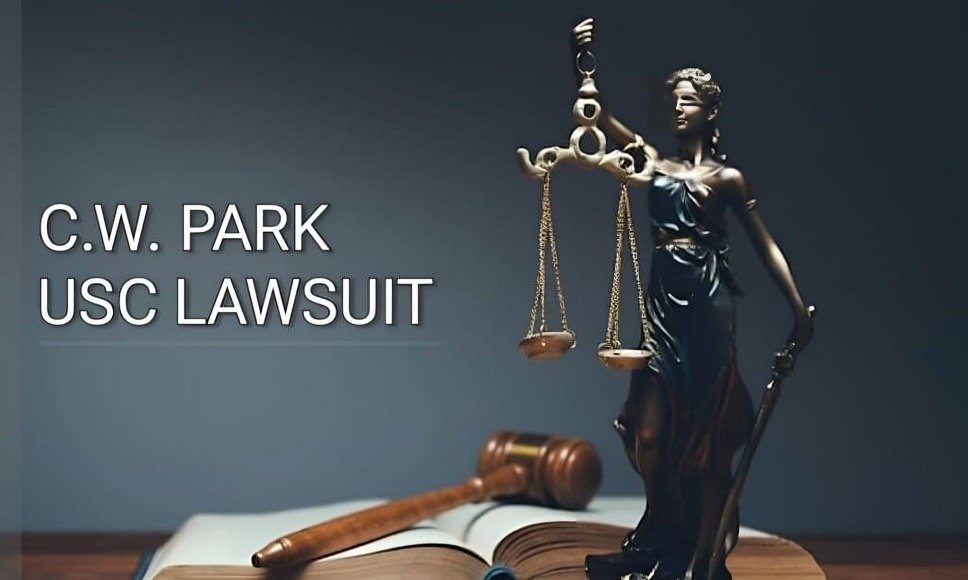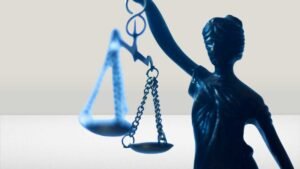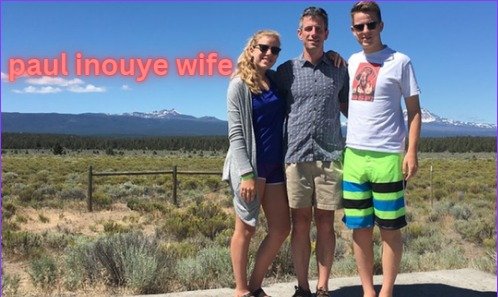C.W. Park vs. USC: A Closer Look at the Lawsuit Rocking the University

Introduction
Within the university realm, disputes and controversies are not rare; however when a lawsuit ensues between a famous professor and a top-notch university, things are significantly taken to a higher level. The lawsuit against the University of Southern California filed by c.w. park usc lawsuit, has provoked huge debate within the network of both the academic and legal environment. Intellectual property theft, contract violation, and discrimination are all allegations that have set the scene for a legal confrontation with repercussions that could be both wide-ranging and extensive. The piece explores the suit in depth, analyzing the main players, the foundation of the dispute, and the potential outcomes.
Background
As a celebrated figure in the marketing profession, Dr. C.W. Park who was a lecturer at USC’s Marshall School of Business for over twenty years had been a fixture on the campus. His work and research achievements were well acclaimed in the academic community, and he was able to amass quite an extensive research base during his service at the university. Still, the tension began to be stirred when Park had objections to the way his research projects were carried out and the distribution of credit.
The Allegations
The gist of Park’s lawsuit against USC resolves around claims of intellectual property theft and violation of contract. According to Park, one of USC faculty members unauthorized several of his research findings and never gave him the credit or the monetary benefits deserved. Moreover, Park states that the university contravened her written agreement with him when it attempted to claim ownership of and disseminate his intellectual property.
Along with intellectual property theft accusation, Park alleges universities research enterprise violates civil rights to education and also retaliation. He opines that the fact that he was outspoken in protest against the unfair application of his research projects resulted in a campaign of harassment and marginalization plotted by the university officials. Park claims that he was discriminated against and his promotions and tenure opportunities were unjustly held back because of his fighting for the academic standards.
USC’s Response
USC has defended itself on this point, calling all the accusations false. The university argues that the research projects provoked by Park were conducted by a group of faculty members together, and Park received appropriate acknowledgments, according to contribution. USC says that the allegations of Parkon intellectual property theft are without any evidence and always followed the contractual agreements.
And for response, USC denied Park’s claims of discrimination and retaliation, asserting that it has a true call to diversity, equity, and inclusion. The university insists that Park’s appointment and promotion entirely rested on merit-driven and academic quality principles.

Legal Proceedings
The feud between Park and USC has recently been in a court, where both parties have presented their side and the judge or jury is the person who will pass judgement. The academic community have been closely following the developments for which the outcome could have long-term repercussions for the intellectual property rights and academic freedom issues.
Park’s lawyers have argued a convincing case on behalf of her that has put forward numerous examples of alleged IP theft and breach of contract by USC. They have produced expert witnesses to testify about the originality and significance of Park’s research in an effort to dispute the accusations of misconduct levelled at the University.
On the contraert USC lawyers have aimed to discredit Park’s allegations, disputing the credibility of his work and the extent of his participation in group projects. They have reiterated on USC’s core belief in academic integrity and insisted that Park’s complaints are more to the personal conflict than the underlying legal issues.
Potential Ramifications
The effect of the c.w.park vs usc case may be far-reaching for both academia and the whole area of property rights law. If Park wins this case, it would be a paramount precedent in shielding intellectual property rights of scholars, and it will serve as a recourse for researchers who feel they have been maneuvered.
However, if USC suffers defeat, it could exemplify the danger universities risk to their rights in controlling and releasing researches conducted by the faculty members. This could be a caution to scholars that are contemplating resolving their cases in courts on the same grounds, thereby, preventing the court proceedings meant to seek redress and punish alleged misconduct within institutions.
Conclusion
Lawsuit between c.w. park usc lawsuit is an interesting case that is going to determine a final destiny for many universities on the freedom of speech matter. Intellectual property theft, contract breach, and discrimination are in breach and cast a shadow over one of the nation’s blue ribbon institutions and queries about the treatment of faculty members and protection of their intellectual achievements.
As the legal debates progress, the academic community will be watching the case and it should be mindful of its possible implication on intellectual property rights and academic freedom. Whether the lawsuit ends up winning or losing, it serves as a real world example of the complexities and difficulties schools face in having to interpret both the law and academics.






